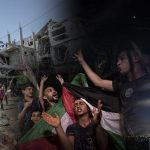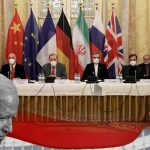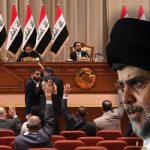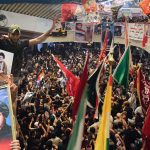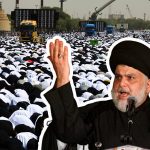Iran’s closeness with Venezuela is a concern for the US
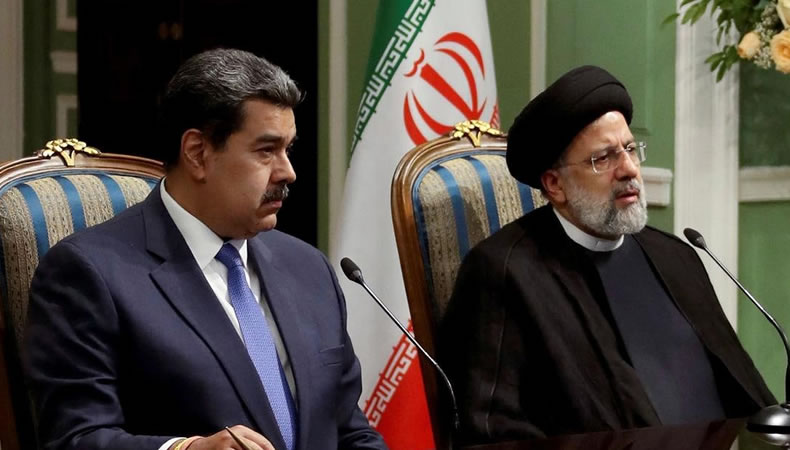

Although several nations and international organizations have branded these groups as terrorist organizations, Iran views them as “national liberation movements” with a right to self-defense against Israeli military occupation.
The Iranian government is also accused by the US State Department of supporting Iraqi Shia militias that have targeted US military personnel and of engaging in cyberterrorism, primarily through its Quds Force.
Following the Houthi missile strike on an Emirati site housing American soldiers last month, the United States dispatched F-22 fighter fighters to the United Arab Emirates on February 12. Although the increased weaponry is a positive step, such deployments won’t discourage the Houthis or other Iranian proxies unless the equipment is supported by concerted action by the US, Israel, and Arab allies.
Related Posts
To create a more coordinated and successful regional response, it is crucial to acknowledge that Hamas, Hezbollah, and the Houthis share a common patron and many of the same objectives, strategies, and weaponry.
The United States, Israel, Saudi Arabia, and the United Arab Emirates should all share technical data on Iranian weaponry, particularly the drones, rockets, and missiles used by all three of Iran’s proxies.
This might involve exchanging information on the smuggling channels used by Tehran to supply weapons to its proxies and the financial instruments Iran employs to finance its proxies. Along with U.S. Central Command, Israel and the Gulf Arab nations should continue to advance recent developments in joint military drills. The ongoing Noble Dina, Blue Flag, and Iron Union exercises present special chances.
Iran has established tight relations with several Latin American nations over the past ten years, but its ties with President Nicolás Maduro’s socialist pariah government in Venezuela have grown especially close.
According to Colin P. Clarke, director of policy and research at The Soufan Group, Iran may continue to irritate the United States and try to project its influence into the Western Hemisphere by cooperating closely with Venezuela. According to Clarke, Iran is attempting to strengthen its soft influence in Latin America by utilizing Venezuela as a gateway.
The use of telecommunications and audio-visual diplomacy by Iran in this region is a crucial part of its projection of influence. According to Pierre Pahlavi and Eric Ouellet from the Royal Military College of Canada, Tehran uses audio-visual diplomacy to strengthen its reputation as an anti-imperialist force in non-Muslim nations in order to nurture Iran’s image as a champion of Islamic struggle against Western nations.
However, Brun believes that this action is insufficient to address the structural issues that the Venezuelan energy sector is currently facing, as a result of years of mismanagement and more recent US sanctions.
There is no denying that these gestures assisted Nicolás Maduro’s government in responding to gasoline shortages in Venezuela in the short term. She told Inside Arabia, “I think the goal is mostly symbolic to make the unity amongst opposition regimes, especially in their interactions with the US, more obvious.”
According to Admiral Craig Faller, the commander of the US Southern Command, members of the Iranian Revolutionary Guard Corps’ (IRGC) Al-Quds Force were dispatched to Venezuela to help President Maduro, according to a Wall Street Journal report from December 2020. Brun is one of several analysts who have expressed caution regarding these claims.
There has been ongoing discussion on this subject in Washington, but there is no agreement among the various political players over these reports. To maintain Maduro in power, it would seem that the proof against the Al-Quds Force’s presence in Venezuela is insufficient.




